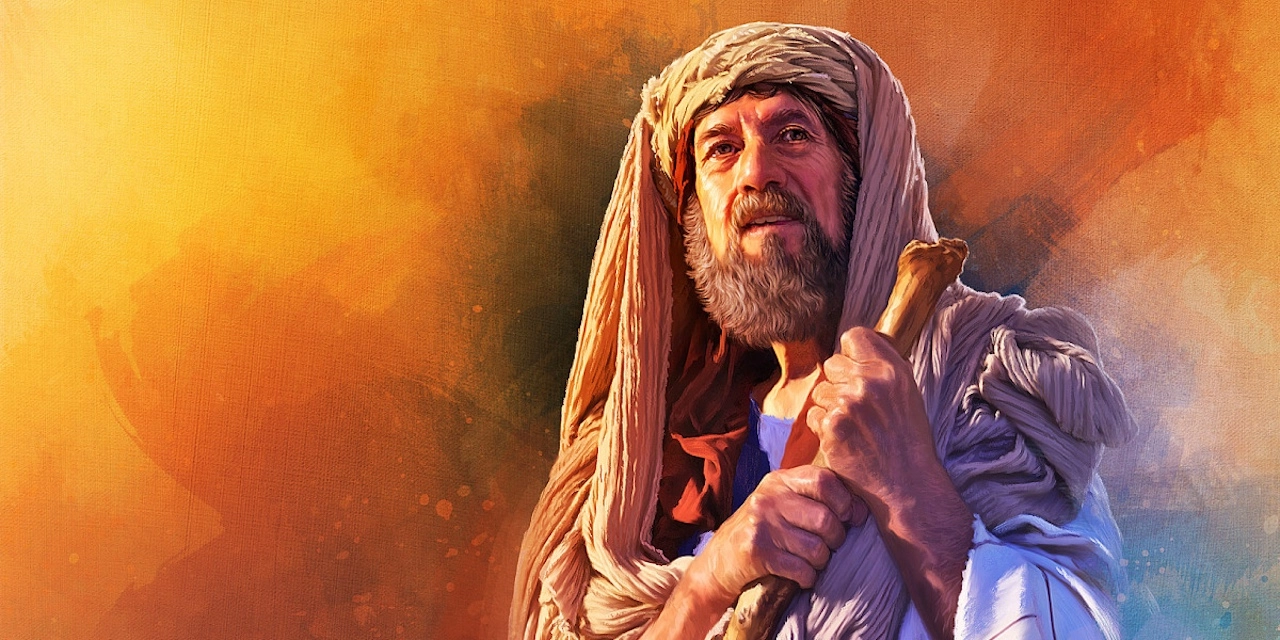The story of Abraham, often referred to as the "Father of Faith," is a foundational narrative in the Bible. His journey, marked by faith, obedience, and divine promises, serves as a paradigmatic example for believers. Let's explore the key episodes of Abraham's life, tracing his remarkable journey as recounted in the sacred scriptures.
I. Call and Departure: Answering God's Summons
Abraham's story begins in the Book of Genesis with a divine call. God instructs him to leave his country, his kindred, and his father's house and embark on a journey to a land that God will show him. This call, recorded in Genesis 12, sets the stage for Abraham's remarkable odyssey of faith.
II. Covenant and Promise: God's Assurance to Abraham
Upon Abraham's arrival in the land of Canaan, God establishes a covenant with him. The covenant includes promises of numerous descendants, blessings, and the assurance that through Abraham, all nations of the earth will be blessed. This covenant is reiterated and expanded in subsequent encounters, reinforcing the divine commitment to Abraham and his descendants.
III. The Test of Faith: The Binding of Isaac
One of the most challenging moments in Abraham's journey occurs in Genesis 22, where God tests his faith by instructing him to offer his son Isaac as a sacrifice. Abraham, demonstrating unwavering trust, obeys God's command. At the last moment, God provides a ram for the sacrifice, affirming Abraham's faithfulness.
IV. Hagar and Ishmael: A Complex Family Dynamic
Facing the challenge of Sarah's barrenness, Abraham and Sarah decide to take matters into their own hands. Sarah offers her maidservant Hagar to Abraham, resulting in the birth of Ishmael. This episode introduces complexities in the family dynamics, but God remains faithful to His promises, assuring Abraham of a special covenant with Isaac.
V. Intercession for Sodom: Advocating for Righteousness
In Genesis 18, Abraham engages in a profound intercessory dialogue with God on behalf of the wicked cities of Sodom and Gomorrah. His plea for the righteous reveals Abraham's compassionate nature and his understanding of God's justice. While the cities face destruction, God demonstrates mercy in rescuing Lot and his family.
VI. The Purchase of the Cave of Machpelah: A Symbolic Act
Abraham's purchase of the cave of Machpelah for Sarah's burial holds symbolic significance. It not only reflects the patriarch's deep connection to the promised land but also becomes a tangible possession within the land God had promised to his descendants.
VII. Legacy and Influence: A Model of Faith
Abraham's journey of faith extends beyond his own lifetime. His unwavering trust in God becomes a model for subsequent generations. The New Testament further emphasizes Abraham's significance, portraying him as a spiritual forefather whose faith in God's promises anticipates the faith of believers in Christ.
VIII. Faith's Enduring Legacy
Abraham's journey of faith, spanning from his initial call to the fulfillment of God's promises, is a testament to the enduring power of trust in the divine. His story resonates as an inspirational narrative that encourages believers to embrace God's call, navigate life's challenges with faith, and trust in the fulfillment of God's promises. As the "Father of Faith," Abraham's legacy continues to inspire and guide those on their own journeys of faith and obedience.




